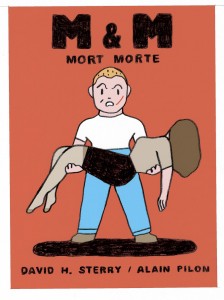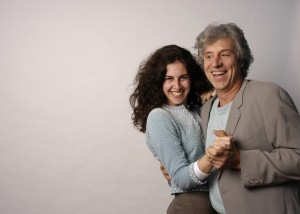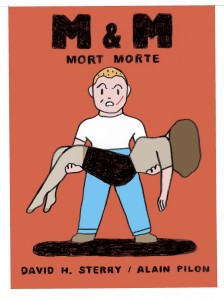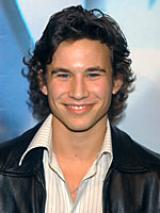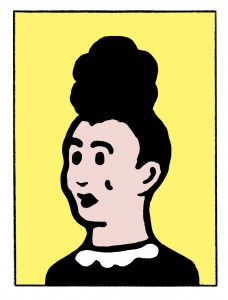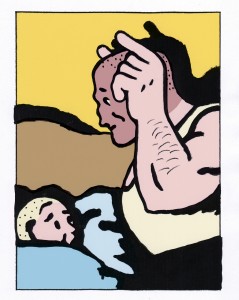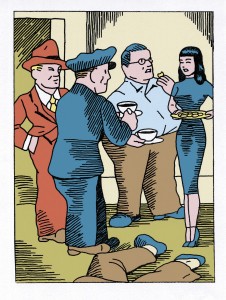How to build your social network/platform without getting lost in the time suck.
Month: March 2013
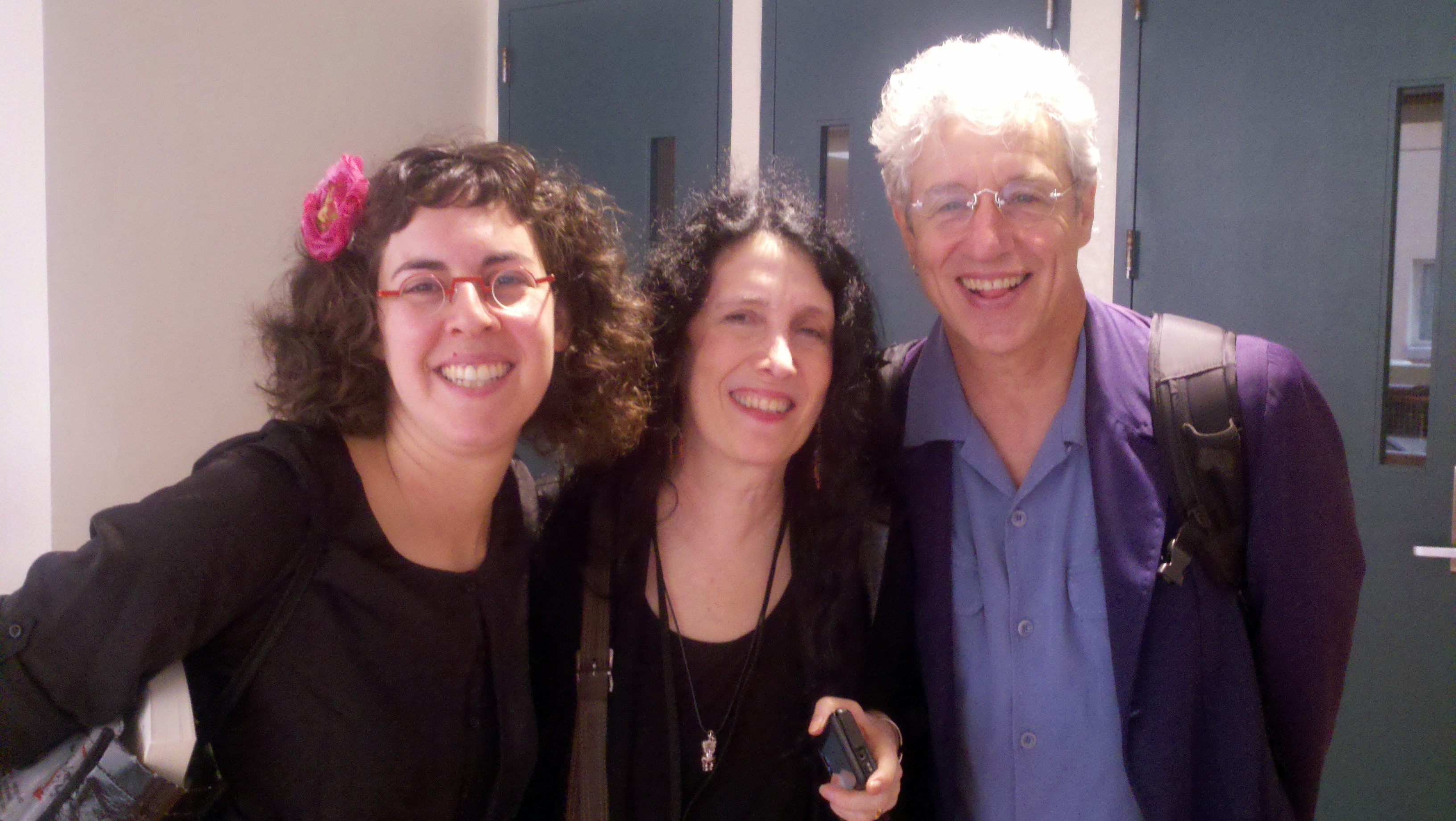
Caroline Leavitt On Overcoming Nasty Writing Teachers, How to Write a Bestseller and Never Giving Up
We first met Caroline Leavitt at the Miami Book Festival. If you ever have the chance to go to the Miami Book Festival, do yourself a favor and don’t pass up the opportunity. Not only is it one of the great international book festivals in the world, it’s also the kind of place you run into people like Caroline Leavitt. Not only is she an incredibly accomplished novelist, she’s also a crackerjack human being. Lots of writers tend to be shy at best — standoffish, churlish and surly at worst. Caroline is the exact opposite. She welcomes you with open arms. If you don’t believe me, just go to her Facebook page. It’s a continuous font of information, fun and love. And she’s also that rare bird who’s managed to somehow write literary novels that sell. So we decided to take a little peek into her world and see what makes Caroline Leavitt tick.
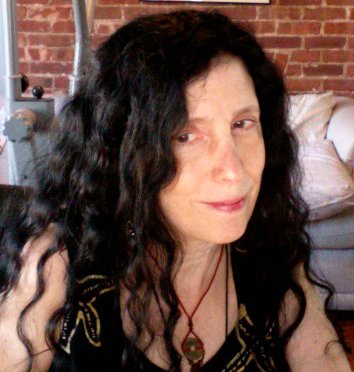
THE BOOK DOCTORS: How did you get into the book business to begin with?
CAROLINE LEAVITT: I was an outcast in suburbia with three big strikes against me: I was the only Jewish kid in a Christian neighborhood (my mother had to march up to the school to complain about a second grade test that asked questions about Jesus), I was sickly with asthma, and I was smart (only 10 percent of my high school went on to college. The rest joined the navy or got pregnant). I learned to live in books and I discovered I could keep myself from being beaten up by making up stories! The first time I told a story in front of the 5th grade and they didn’t throw spitballs at me or threaten me, I thought, how cool is this? This is what I want to do! But of course I heard no, no, no. When I got to Brandeis, I studied with this famous writer who told me I’d never make it. He used to slam my work in class while tears streaked my face, but I refused to leave the class. The day I published my first novel, I sent it, along with a rave NYT review to the professor, saying, “Hey, you were wrong.” He wrote back and said, “Oh, I just wanted to make you angry enough to keep pushing on.” I laughed and didn’t write back. I kept writing and writing and every week, those stupid self addressed stamped envelopes would bounce back with rejections. One day they came back and I ripped them both up into pieces. I happened to look down and there was one tiny, shining word: CONGRATULATIONS. I had sold a story and that story got me an agent, which got me my first novel.
TBD: What are some of the some of things you enjoy about writing?
CL: The fact that I can live other lives. The fact that I don’t have to dress coherently to do it. The fact that it keeps me sane. I write about what haunts me and I write the books I myself am dying to read. I love it. I can’t think of anything I’d rather do.
TBD: How do you turn off the voice in your head that says you suck?
CL: What makes you think I can? I can’t turn that voice off. It is always in my head. It always goads me to get online and compare myself to other writers. It pushes me into all sorts of magic thinking like tarot card spells and prayers to the universe: please don’t let me suck. My big revelation was one day when I got the best review I ever received in my life from the Cleveland Plain Dealer — they thought I was a genius! And then five minutes later, I got the worst review I ever received from the Phil. Inquirer who loathed everything the CPD had loved. I had a moment when I realized, not everyone is going to love me. I try to tell myself to go deeper, to just write and write and write about what matters to me, to not think about readers and critics or anything but the story. And I eat a lot of chocolate.
TBD: Do you ever get writer’s block, and if so would you do about it?
CL: I never get it. I’m always working and there’s never enough time!
TBD: Do you ever make decisions in your book based on what you think is going to make the book more commercially successful?
CL: Never. Not ever. You can’t second guess what is going to be commercially successful. You have to write the book you want to write. And wait, actually. My third novel, for a publisher that went out of business, I was pushed into writing a book that was “more commercially.” It got only two reviews, both of them so terrible I could barely leave my apartment for months, and the book died soon after. After that I vowed to never ever write anything I didn’t feel.
TBD: Do you outline your stories or do you make it up as you go?
CL: I’m big on story structure. I studied with John Truby, who mapped out story by means of moral wants and needs, and that’s what I do. Hey, so does John Irving.
TBD: Do you finish the whole draft before you go back and edit, or do you edit as you go?
CL: I do both. I edit as I go, and I must do about ten thousand drafts. Well, more like 23. And I’m serious about that.
I love rewriting because that is where and how you discover the story. It’s like you have this skeleton and you get to put flesh on it and hair and clothes and really wonderful jewelry.
TBD: You have such a fun Facebook life, what is your guiding principle in social media?
CL: Being honest. You can tell when people are trying to do what they think they should do. I’m intensely curious about everyone’s lives and I want to get to know a lot of people. I also don’t hesitate to say how I feel or what’s going on. I am who I am. (Popeye 101) I spend so much time every day alone and writing, that social media is my water cooler. I crave contact.
TBD: Were you working on right now?
CL: My novel Is This Tomorrow, about a 1950s suburb, paranoia and a vanished child, is coming out in May, so I’m doing all this prepublicity type stuff, and I sold my next novel, Cruel Beautiful World (thanks to my 16-year-old for the title!), to Algonquin on the basis of a first chapter and an outline. So I’m writing that now, deeply immersed in that moment in when the ’60s turned into the ’70s and things got ugly.
TBD: Where you see the future of books going?
CL: I think it’s going to boom. People love stories. They need stories. More people are reading on ereaders. I know a few NYT bestsellers who self-published their next book to have more control. Maybe I’m stupidly optimistic but I can’t imagine a world without books.
TBD: I hate to do this to you, but you have any advice for writers?
CL: Yep. Never ever give up. Don’t listen to all the no’s but keep writing. Keep writing. My career was over, so I thought, when my ninth novel, Pictures of You, was rejected by my then publisher as not being “special enough.” I had no sales. No one knew who I was. I called all my friends in tears and one suggested her editor at Algonquin. So I wrote up a paragraph about the book and sent it to her. She liked it and a few weeks later, she bought it and all of Algonquin was doing the unthinkable–the thing that had never happened to me–treating me with respect. They took that unspecial book and turned it into a NYT bestseller and a USA Today ebook bestseller and it got on the Best Books of 2011 lists from the San Francisco Chronicle, the Providence Journal, Bookmarks Magazine and Kirkus Review. I feel like I’m the poster girl for second chances.
Caroline Leavitt is the author of many novels, several of which have been optioned for film, translated into different languages, and condensed in magazines. Her ninth novel, Pictures of You, was a New York Times bestseller, and was also on the Best Books of 2011 lists from the San Francisco Chronicle, the Providence Journal, Bookmarks Magazine and Kirkus Reviews. Her new novel, Is This Tomorrow, will be published May 2013 by Algonquin Books. Cruel Beautiful World will be published sometimes in 2015 by Algonquin. Her essays, stories, book reviews and articles have appeared in Modern Love in the New York Times, Salon, Psychology Today, the New York Times Sunday Book Review, People, Real Simple, New York Magazine, the San Francisco Chronicle, Parenting, the Chicago Tribune, Parents, Redbook, the Washington Post, the Boston Globe and numerous anthologies. She won First Prize in Redbook Magazine’s Young Writers Contest, was a 1990 New York Foundation of the Arts Award, a National Magazine Award nominee for personal essay, and is a recent first-round finalist in the Sundance Screenwriting Lab competition for her script of Is This Tomorrow. She teaches novel-writing online at both Stanford University and UCLA, as well as working with writers privately. She lives in Hoboken, New Jersey, New York City’s unofficial sixth borough, with her husband, the writer Jeff Tamarkin, and their teenage son Max.

My first piece on Salon. Thanks to Arielle Eckstut. To read on Salon click here: http://www.salon.com/2013/02/14/i_wrote_my_way_to_true_love/
“You should stop writing these stupid movie scripts and write about your life, it’s so much more interesting.” Janine, my hypnotherapist, was not being unkind. She just had no filter. And she was right. That was the most infuriating thing about Janine my hypnotherapist. She was always right.
I had just gotten a three-picture deal with Disney. Well, it wasn’t really a three-picture deal. They hired me to write a script for one of their moronic ideas (Sinbad in the Army with dogs), and in the contract they locked me up for another two movies for slightly more money each time. But at the bottom of every page was writ in small letters: “We can terminate this contract for any reason at any time for perpetuity and eternity in this and every other conceivable universe and pay you NOTHING.” I asked my agent and she said I could tell everybody I had a three-picture deal with Disney. Even though I didn’t really. And that, in a nutshell, is Hollywood, baby.
But the thought of telling the truth about myself made me hot and clammy, sticky and jittery, teeth tearing into cuticles till they bled. I was much more comfortable working on my buddy script about two 12-year-olds who go to Vegas and beat the mob. Or my mobster-becomes-a-vampire script. Or my “Some Like It Hot” cross-dressing baseball script.
But I’d always wanted to write a book. So that night I started writing one. It was liberating. Gave my obsessive mind something to focus on besides my own sex-addicted self-loathing.
Turns out I wasn’t quite ready to tell that story yet. I hadn’t hit bottom. I was still living in my beautiful Craftsman home in the hills of Echo Park with my beautiful red sports car and my beautiful sex-denying fiancée. I hadn’t yet been fired by Disney, my Sinbad/Army/dog script unmade, my fictitious three-picture deal evaporated in a puff of smoke. I hadn’t yet been dumped by an entirely different beautiful damaged narcissistic sex-denying fiancée whom I DIDN’T EVEN LIKE. I hadn’t yet been whacked over the head with a metal pipe at 4 a.m. in Harlem by an angry disenfranchised crackhead while pursuing a transsexual thief masquerading as a female sex worker. That was when I hit bottom. The bottom of the bottom.
David Henry Sterry is the author of 14 books, including his memoir, “Chicken,” an international bestseller that has been translated into 10 languages. His anthology, “Hos, Hookers, Call Girls and Rent Boys,” was featured on the front cover of the Sunday New York Times Book Review. His new illustrated novel is “Mort Morte,” a coming-of-age black comedy about gun violence and children, and a boy who really loves his mother.
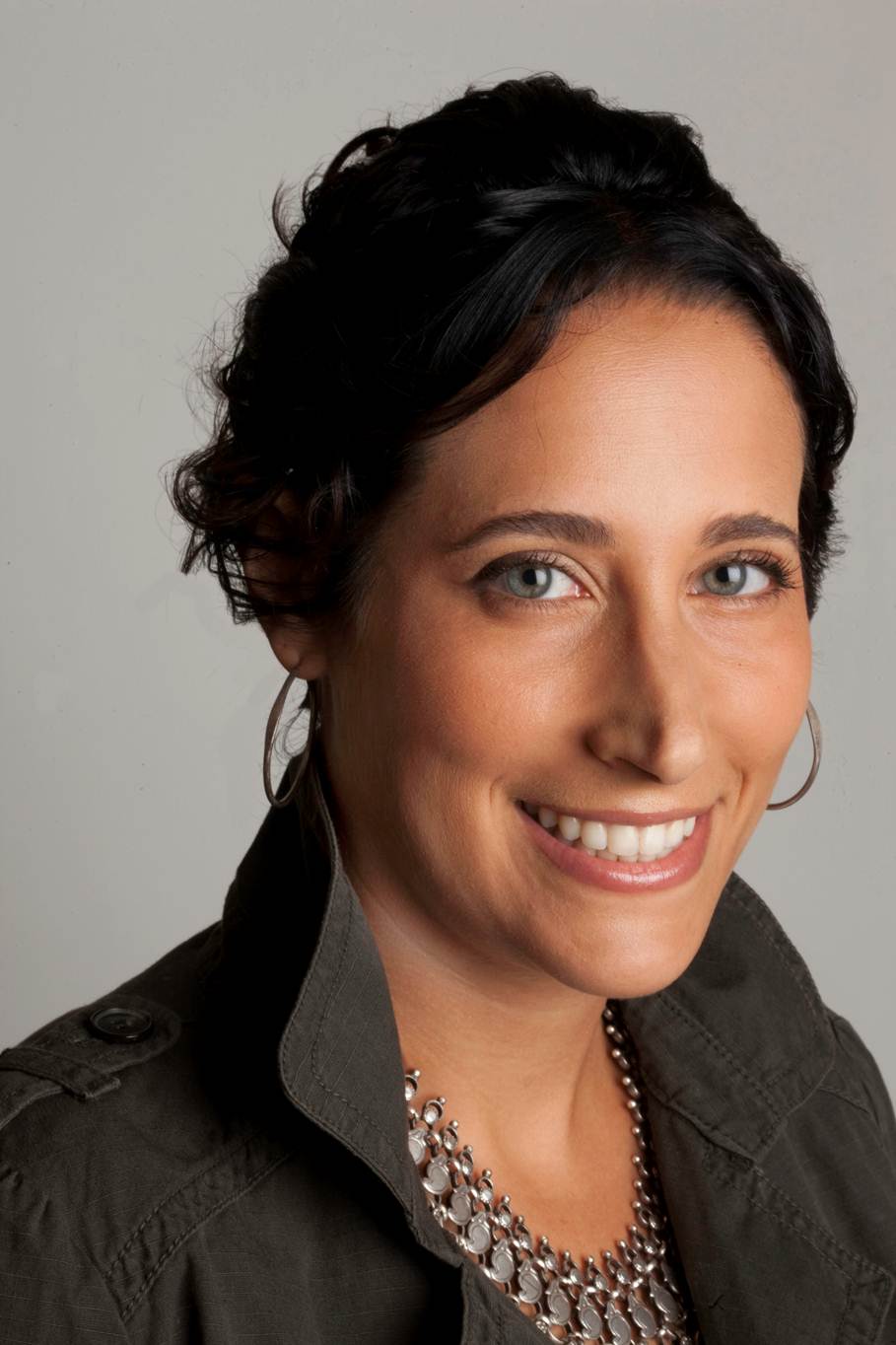
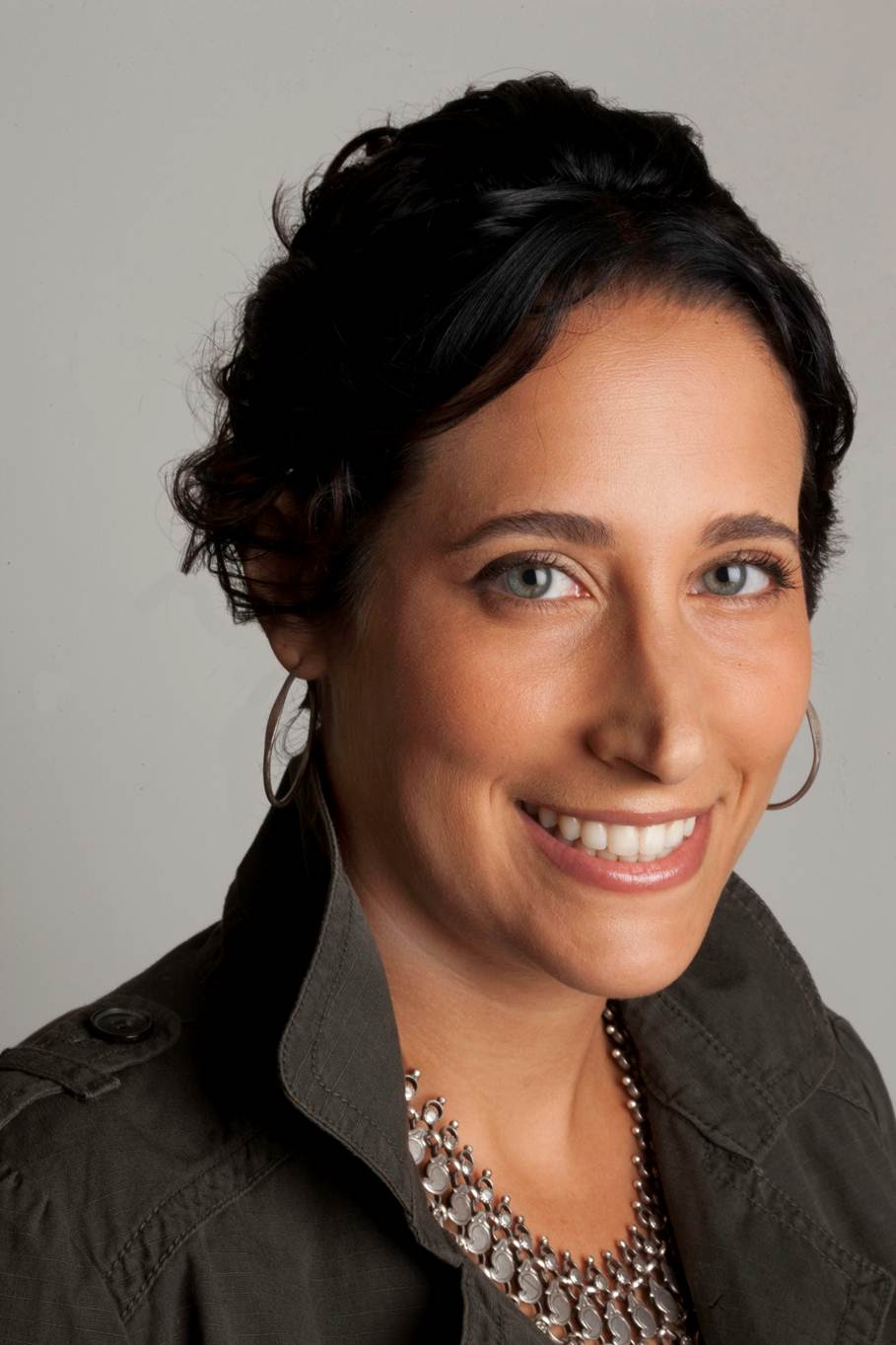
A couple of years ago we did a Pitchapalooza (think American Idol for books) in Kansas City. Our winner, Genn Albin, gave an outrageously amazing pitch for her dystopian YA trilogy. This led to an enormous buzz around her book, Crewel. Many agents were interested in her and she asked us for our advice on this most monumental of decisions. We told her, hands down, Mollie Glick was the way to go. Mollie got her a mid-six-figure three book deal with one of the best publishers in America, Farrar Strauss Giroux. Mollie is that rare agent: smart, wise, savvy, and nice. So we thought we’d pick her brain about the state of books.
MOLLIE GLICK: I’ve always been a bookworm. In fourth grade my teacher told my mother during their parent/teacher conference that I read too much! So I knew I had to find a job where I’d get paid to read. Plus, I actually get to use my English degree!
TBD: Many writers are under the impression that their manuscript just has to be pretty darn good and then once they get an agent, the agent will help them make it better. Is this is fact the case?
MG: Depends on the agent. Personally, I’m very hands on if I have a clear vision for where a novel needs to go… and that vision resonates with the author. But I actually lose out on a lot of projects to agents who tell writers it’s just perfect as it is, and then get scared off when the first round of rejections come in because they don’t know how to help the author revise.
TBD: Writers often look to what’s already been published to help them decide what kind of book to write. Is it too late to wait until a trend has appeared on bookshelves to hop on the bandwagon? Should a writer even consider trends at all?
MG: Honestly, when I take something trendy on it’s in SPITE of the fact that it’s trendy. For example, Josie Angelini’s STARCROSSED series came to me once paranormal romance had already taken off. At first I questioned whether I should still consider it. But then I started reading and I couldn’t put it down. Ultimately, that’s always my litmus test of whether I’m going to offer representation.
TBD: Do you think it’s easier these days to sell fiction based on a true story than to sell a memoir? If so, are there certain categories of memoirs (like mother/daughter stories, alcoholism stories) that this rule particularly applies to?
MG: Nah– I still love memoir! It just has to be really, really good.
TBD:What is the threshold for sales of a self-published book that make you go, “Wow!”? And in what time frame are you looking for with these numbers?
MG: Good question. I’d like to see someone selling at least 5-10k copies and hopefully more like 20k on their own. And it’s not so much about the time frame as what price they’ve set their novel at. A novel selling hundreds of thousands of copies at a dollar a pop is still intriguing, but you do wonder whether those fans will keep buying once the book costs more like ten dollars.
TBD: Do you respond to all queries, even those that are in categories you don’t represent? If not, why not? How can writers avoid the void?
MG: No– we get hundreds and hundreds of queries a week, and many of these authors are querying dozens of agents at once. I can’t respond to every one and still make a living, But my assistant and I respond to every query that looks right for my list within a week or two of receiving the query– and often much sooner. The best way to avoid the void is to make sure you’re querying a genre the agent represents, that your query letter is intriguing, and that it is grammatically correct!
TBD: What are the most common mistakes you see in queries?
MG: Addressing a query to multiple agents at once. Or sending queries on topics I’ve never expressed interest in.
Mollie Glick is an agent at Foundry Literary + Media, representing literary fiction, young adult fiction, narrative nonfiction and a bit of practical nonfiction. After graduating with honors from Brown University, Mollie began her publishing career as a literary scout, advising foreign publishers regarding the acquisition of rights to American books. She then worked as an editor at the Crown imprint of Random House, before switching over to “the other side” and becoming an agent in 2003. In addition to her work as a literary agent, Mollie has served on the Contracts Committee of the AAR and teaches classes at Media Bistro and the Grotto. Her instructional articles on nonfiction proposal writing and query letter writing have been featured in Writers Digest. Some of her recent projects include Jonathan Evison’s The Revised Fundamentals of Caregiving; Carol Rifka Brunt’s Tell the Wolves I’m Home; Elizabeth Black’s The Drowning House; Daniel O’Malley’s The Rook; Gennifer Albin’s Crewel and Josie Angelini’s Starcrossed.
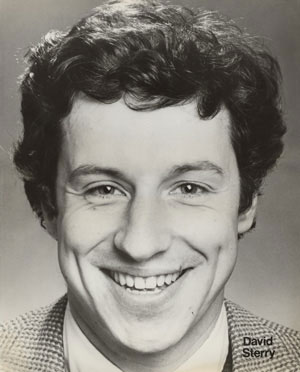
2. Where did the idea come from for your book?
Illustrated coming of age black comedy: Diary of a Wimpy Kid as told by Travis Bickle from Taxi Driver
It’s a story of a boy keeps killing his dads to protect his mom: it’s a story of a boy who really loves his mother.
Two weeks. But it took me 20 years to find a publisher.
Alice in Wonderland. The Tin Drum. Oedipus.
My hypnotherapist.
Vagabondage Press.
It’s got spectacular illustrations by award winning artist Alain Pilon. It’s very short.
We first met Kevin Sampsell when David did his tour for his first memoir Chicken. On his Portland stop, David was scheduled to read at Powell’s, one of the great bookstores not only in America, but in the known universe. He went to college in Portland, and started going to Powell’s when he was an undergraduate, dreaming that someday he might write a book that would live on those hallowed shelves. So it was kind of a dream come true when he saw his name on the marquee of Powell’s. Kevin was Powell’s events coordinator at the time, and he was so nice to David, made him feel right at home, gave him a great introduction, and they bonded as only two book nerds can. We found out that in fact Kevin is also a well-known writer, as well as a publisher. Since he’s worn so many books hats, we thought we would pick his brain about publishing, books, writing, and all that jazz.
THE BOOK DOCTORS: What have you learned about being a writer by working at Powell’s, quite possibly the greatest bookstore on the planet?
KEVIN SAMPSELL: One thing I discovered is that the book world is vast. It’s easy to walk around the store–even the room with literature and poetry, where I work most often–and feel overwhelmed. I sometimes wonder if what I create as a writer will leave any sort of dent. There’s really no way of knowing, so I just have to keep going. But having a couple of my books on the shelf among the million other books is something at least. It’s an honor to be in there, as an employee and as an author. It’s kind of surreal actually.
TBD: What have you learned about being a writer by watching a million writers do events at Powell’s?
KS: I’ve heard a lot of great success stories from writers–how so many of them struggled to get where they are and how persistence pays off. I learned that some writers are good at doing readings and some are not so good at it. I actually just started writing an article where I ask some of my favorite readers how they got so good. There are definitely some tricks and techniques to a good reading. Rewarding the audience that shows up to your reading is very important and you can’t be boring or ungrateful.
TBD: What have you learned about being a publisher by being a writer?
KS: I learned that you have to respect how much time and work a writer has put into their book. I always give the writer I’m publishing a good deal of control in shaping the book and figuring out how it looks, but I’ll make suggestions on how to make it stronger. It’s very important the book is theirs and comes out as good as they want it to, or better. I try to be a lot of things for the authors I work with–a careful reader, a helpful friend who also happens to be an experienced writer, a thoughtful editor, and a creative midwife.
TBD: What have you learned about being a publisher by being a bookseller?
KS: A lot of little details, like how to price a book. I’ve always tried to keep my cover prices on the low side. I’m more interested in getting people to read the books we publish and less interested in the profit margin. Also, that presentation (good cover and interior design) turns out beautiful and professional. Catchy titles can be important too.
TBD: What have you learned about being a bookseller by being a writer?
KS: Just like writers can have a lot of different styles, so can readers. It’s hard to pigeonhole book buyers.
TBD: What have you learned about being a bookseller by being a publisher?
KS: Poetry doesn’t sell. Just kidding. There is some truth to that statement, but not always and not everywhere. I think one thing I’ve learned, as dorky and obvious as this sounds: People who like cool books are usually really cool people.
TBD: What mistakes do you see writers make over and over and over?
KS: Probably the same mistakes I make as a writer–having certain crutch words and phrases, saying something I said ten pages before, going flat at times when there’s a chance for the prose to do something exciting or unpredictable. I also see a lot of writers who complain when their book doesn’t sell and the reason that happens sometimes, is they don’t know how to publicize or promote themselves. A writer is more successful when they’re involved in their literary community somehow. It’s very easy for an author’s book to fade away if they don’t get out in public and meet people.
TBD: How has the book business changed since you first started as a bookseller, a publisher and a writer?
KS: A lot has changed. I started my press in the 90s and I wasn’t even using a computer yet. I would do cut and paste layout on our first chapbooks. Even in the last five years, I feel like a lot has changed–ebooks are a much more valid format and bigger presses are taking less chances. As a bookseller, there are less real bookstores and more people buying on-line. As a writer, I think there are fewer paths to break through on a big press, but on the other hand there are more small presses doing awesome work now. Overall, artistically, I think it’s a pretty exciting time in the literary world.
TBD: Where do you see the future of books going?
KS: I have a very positive outlook on things. It’s hard to predict how actual books are going to do but I’m not freaked out about ebooks taking over. I think there are probably more active readers now because of computers and iPhones or what-have-you. One thing that is sometimes forgotten in this “future of books” discussion is that there are all these awesome presses–big and small–that are producing and designing amazing books. Everyone from Chronicle and McSweeney’s to Ugly Duckling Presse, Rose Metal, Spork, Poor Claudia, and countless other folks who make books that are like art. People who love to letterpress their own covers and use thread and needle to sew their very own books. It’s a crazy and beautiful part of the book world that a lot of people don’t really know about.
TBD: We hate to do this to you, but you have any advice for writers?
KS: Read as much as you write. Go out and meet other writers. Look for stories in everything around you–music, movies, family, strangers, your bus ride to work, and of course the streets. Also–keep moving forward, keep creating new things. Leave evidence of yourself in this world. Imagine what your legacy could be and try to create it.
Kevin Sampsell is the author of the memoir, A Common Pornography (2010 Harper Perennial), and the short story collection, Creamy Bullets (Chiasmus) and the editor of the anthology, Portland Noir (Akashic). Sampsell is the publisher of the micropress, Future Tense Books, which he started in 1990. He has worked at Powell’s Books as an events coordinator and the head of the small press section for fifteen years. His essays have appeared recently in Salon, The Faster Times, Jewcy, and The Good Men Project. His fiction has been published in McSweeney’s, Nerve, Hobart, and in several anthologies. His novel, This is Between Us, will publish with Tin House Books in November. He lives in Portland, Oregon with his wife and son.

